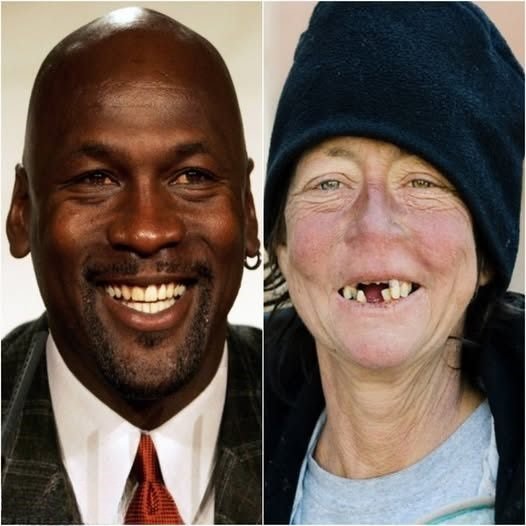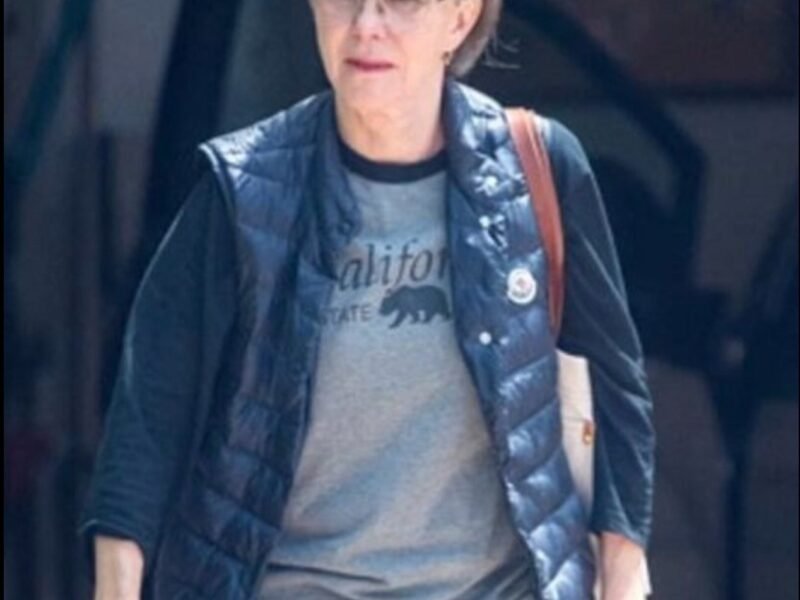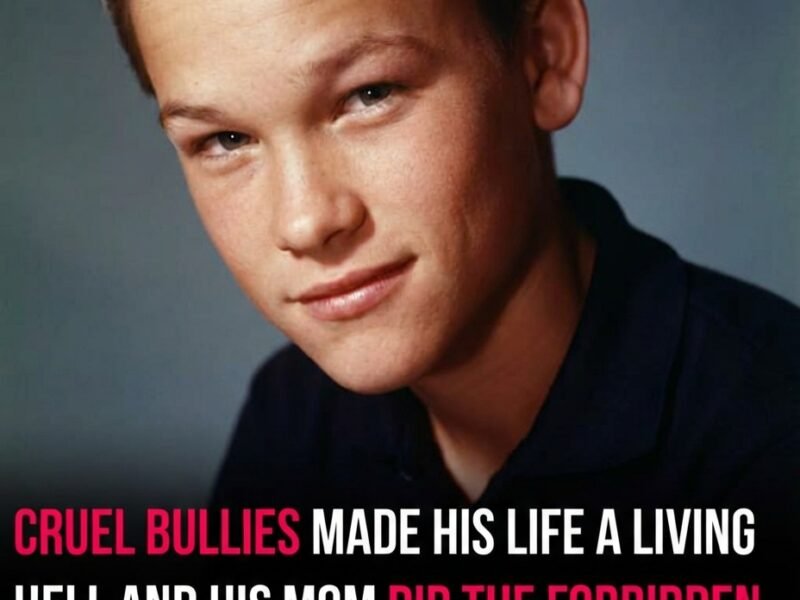The noisy chaos of a Chicago bus terminal was the backdrop for a moment that would change a life. Among the rushing commuters and blaring announcements, a homeless woman named Taylor Winslow stood with a quiet plea. Her clothes were worn, and her hands trembled as she approached a famous figure, asking for just one dollar. The man she stopped was not just anyone; it was basketball legend Michael Jordan. But instead of brushing past her or simply handing over a coin, he did something far more unexpected—he stopped and truly saw her.
He turned to face her fully, his attention cutting through the surrounding noise. His first question was simple, yet profound: “What’s your name?” For Taylor, who had spent months being ignored by most of society, this was a shock. She replied, “Taylor Winslow,” and the conversation deepened. Jordan asked how long she had been homeless. “Eight months,” she explained, her voice faltering as she shared that she had lost everything.
Then came the question that shifted everything: “What were you doing before?” Taylor’s answer revealed a past far different from her present. For twelve years, she had been a nurse in the intensive care unit at Northwestern Memorial Hospital. She had cared for the critically ill and saved lives. But the emotional toll, especially during the pandemic, became too heavy. She experienced a breakdown, lost her job, and could no longer keep her apartment. The system she had once been part of had failed to catch her when she fell.
Instead of focusing only on her struggles, Michael Jordan asked a forward-looking question: “Is your nursing license still valid?” Taylor confirmed it was, and she explained that she had even continued her education at public libraries, hoping for a way back. She still saw herself as a nurse, even if the world no longer did. Jordan listened, recognizing not her poverty, but her potential. His response went beyond charity. He didn’t just give her money; he opened a door, connecting her with people who could help her restart the career she loved.
That day, in a crowded terminal, a simple act of seeing someone—not as a problem, but as a person—made all the difference. It was a reminder that sometimes the most powerful gift is not a handout, but a hand up. For Taylor, a conversation restored something she had lost: the belief that her future could still hold hope, dignity, and a return to the work that defined her.


